Substrate Enhancement in a High Energy Environment
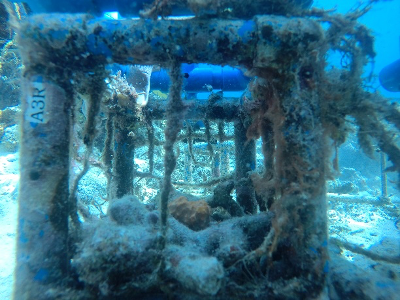
After a crown of thorns infestation in 2019 followed immediately by consecutive …

After a crown of thorns infestation in 2019 followed immediately by consecutive …
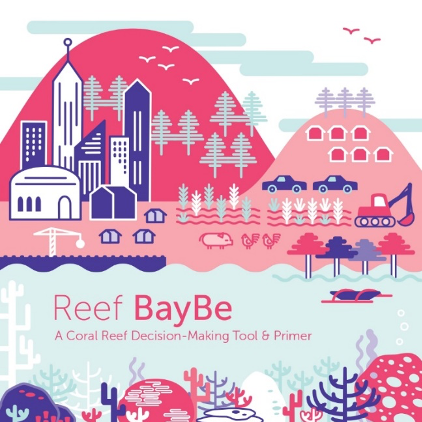
The Reef BayBe (A Coral Reef Decision-Making Tool & Primer), …
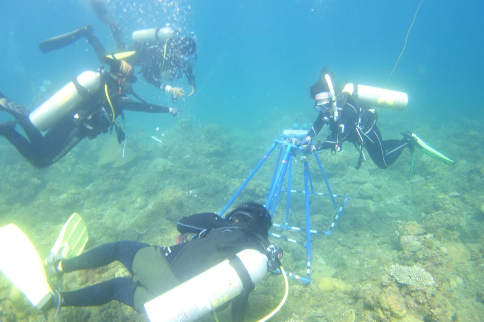
The protocol is a guide on how to conduct coral assessment from …
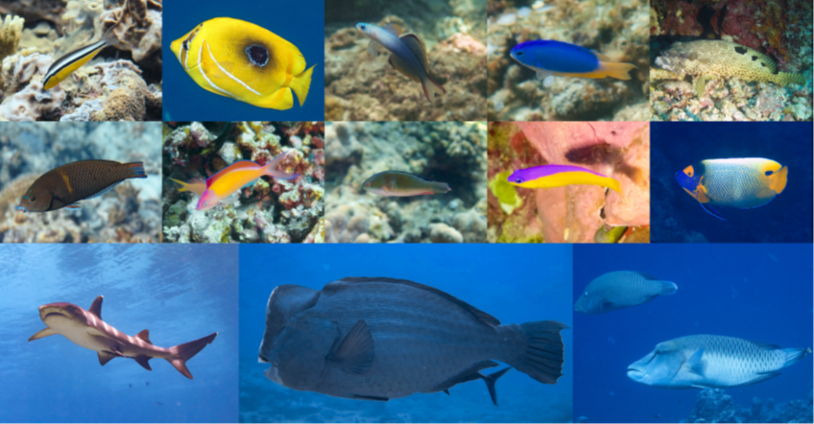
Community level monitoring programs remain as an important source of …

Culture technologies for sexually-derived coral propagules for reef restoration were developed …
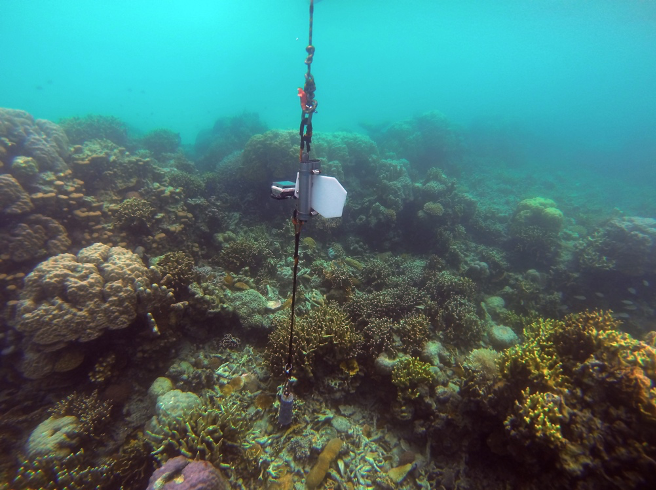
A Rapid Assessment Instrument for Coastal Benthic Habitats (ARAICoBeH) System is a …
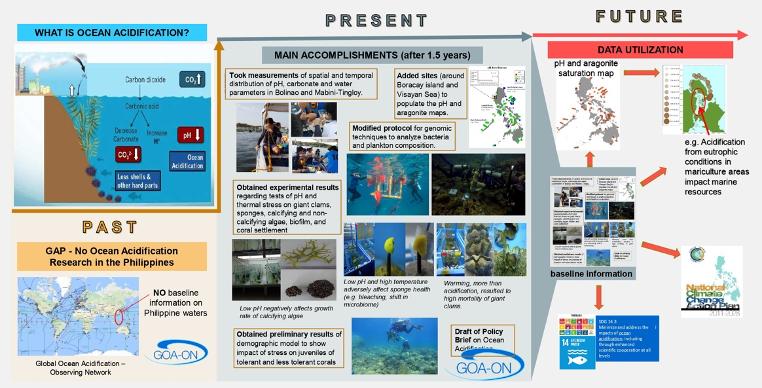
The Coastal Acidification Program generated information on coastal acidification as a …

This project studied the genetic structure and connectivity of natural populations of …

Genetic mechanisms that confer stress susceptibility or resilience to corals was …

The physiological limits of 17 selected coral species in response to ocean …